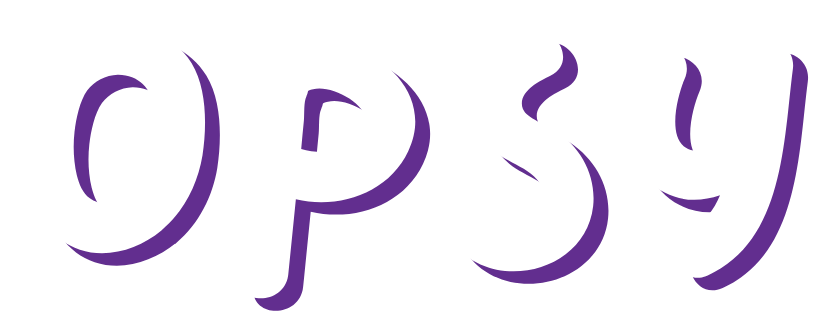How Scott's Cheap Flights increased their offer acceptance rate to 100%

The Great Resignation has (finally 🙄) inspired organizations to become more introspective and focused on improving their employee experience. And every experience a candidate has with your company between their application and accepted offer shapes their perceptions of your culture before they even start work.
In my 2.5+ years with Scott’s Cheap Flights, we’ve had a 92% offer acceptance rate. And thanks to my colleague Elisa Campos-Prator, we’ve seen this increase to 100% over the past year.
We’ve learned a few things about building a positive candidate experience in the process and closing offers. Here are a few strategies you can consider implementing on your team.
📆 Don't strong arm candidates or set strict deadlines for acceptance
We don’t leave candidates with a false threat that we need to know within 48 hours or we’re going with someone else. We don’t rush them, and we don’t hide anything from them.
📋 Ask your candidates where they're at with other interviews
Encourage candidates to stay in process with other companies if they’re excited about the opportunities. There are a ton of fish in the sea and you need to be sure that the person you’re hiring chooses you.
This shouldn’t be a test or trick to see how excited they are about your company. It's an opportunity for the candidate get all of their options on the table and make the choice to join your organization. This will help with buy-in and allow them to be more confident in their decision.
🗣️ Encourage your candidates to talk it over with immediate family, chosen family, and friends - and offer to talk to them, too!
Joining a new company is an incredibly important decision, and it often impacts more than just the candidate themselves. They should have the support of their people to come to the right decision, and you can help by offering to talk to those people too.
This allows you to 1) build a great relationship with people they care about and them with you, and 2) understand where they may be gaps in your offer process so you can improve your messaging.
If there are consistent questions around your health insurance plans or your stock options, these questions are going to better help you build out a Q&A to preemptively answer candidate questions in the future.
🤝 Offer to let the candidate talk to anyone in the company - genuinely, anyone.
There is a perception that interview panels are stacked with people who only speak highly of the organization, so there is a reasonable amount of distrust in those perspectives. So many roles end up working cross-functionally in smaller to mid-size organizations and, while you can try to ensure the interview team is representative of that, a candidate can’t realistically meet everyone.
Encouraging candidates to meet with employees that weren't handpicked by you ensures that they feel a level of transparency into the organization and ideally, mitigates any concerns or “was this person being real with me?” feelings.
This may not always be do-able in larger organizations but should be realistic in smaller ones.
🚀 Foster a culture of trust & iteration
While these are simple enough strategies that you can implement them in most organizations, it does require an immense amount of trust in the culture you’ve fostered internally. If it's not already a positive one for current employees, I’d strongly recommend starting there.
If you’re a candidate, don’t hesitate to advocate for yourself and tell the recruiter or hiring manager that these are things you would like to have happen. When taking on a new role, it’s equally (if not more) important that you’re as excited about the company as they are about you. It’s stressful enough trying to navigate the truth behind an interview process. Try to mitigate it by increasing your time to decide and transparency into the organization.
And if you’re an Opsy person who has influence over the hiring process, I’d love to hear from you!
Do these feel like steps you can implement in your org? Reach out to me in the Opsy Slack or via LinkedIn.


Member discussion